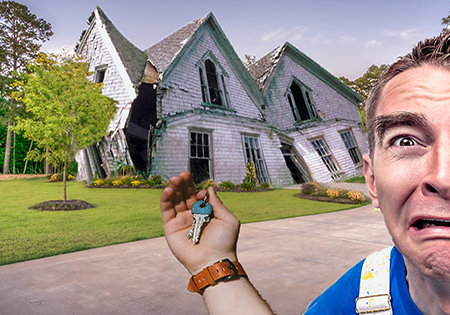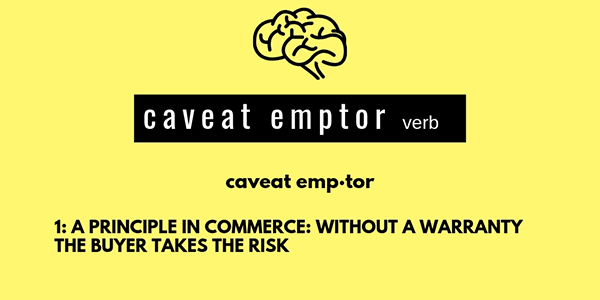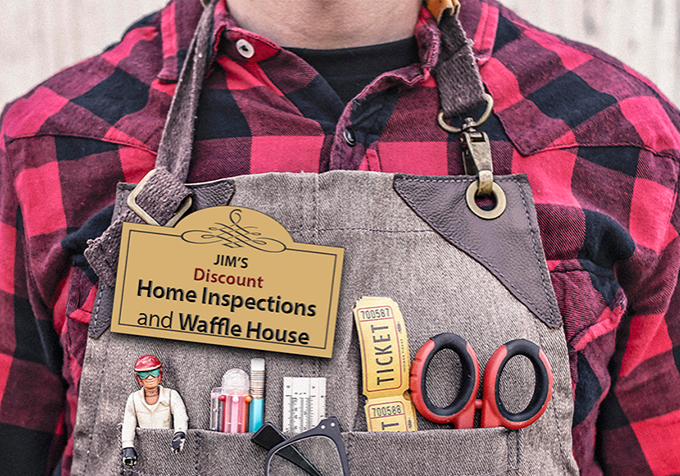
Home Inspection
Yes, You Need a Home Inspection
The purchase of a home is the single most costly investment most people make, and you want to know what you are getting for your hard-earned money. It is important that you learn as much as possible about the condition of the home and the need for any major repairs before you buy so that you can avoid any unpleasant surprises and difficulties later. Inspections are a good way for homebuyers to assure themselves that the home they are buying is in good condition.
Caveat Emptor
Let the Buyer Beware
Idaho is known as a “caveat emptor” state, that means “let the buyer beware”. It is very important for buyers to check out the property before closing, although sellers are required to reveal any known problems with the house that have to do with health and safety.
A home inspection is neither an appraisal, which determines the market value of a home nor a municipal inspection, which verifies compliance with local codes. A real estate agent will not determine for you the condition of the property. It is your responsibility as a buyer to ascertain the condition of the property.


Qualified Home Inspector vs Random Guy with a Name Tag
Since Idaho does not regulate the home inspection industry or require state licensing, how do we tell the difference between a qualified home inspector and some random guy with a fancy name tag? Joshua McKay, the owner of Lake City Inspections, was kind enough to offer some pointers.
"In the absence of state licensing we can look at certifications from reputable sources. The International Association of Certified Home Inspectors (InterNACHI) is the largest association of professional inspectors in the world.
Idaho is known as a “caveat emptor” state, that means “let the buyer beware”.
The solution
Certified Professional Inspector
InterNACHI certification requires continuing education each year and establishes a minimum Standards of Practice and Code of Ethics that their Certified Professional Inspectors must abide by to maintain certification. There is also a smaller trade association called American Society of Home Inspectors (ASHI) that has similar requirements.”

This is good stuff to know. The combination of Idaho's caveat emptor policy and lack of licensing requirements for home inspections could potentially leave an unlucky home buyer with a pretty bad case of buyers remorse. Joshua went on to say;
"Ensure that you are verifying those certifications, as there have been some rare and unfortunate cases of individuals lying about qualifications. Lastly, when considering a home inspection company, also look into resources the company will provide to protect their clients in the months and years to come after the inspection is complete. These often come standard with the purchase of the home inspection and can include warranties on vital components of the home or guarantees to buy the home back if something major was missed during the home inspection.”

Have a Question?
Whether you choose to do business with us or not, we are here to answer any questions you have.

